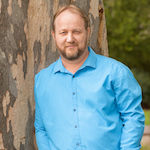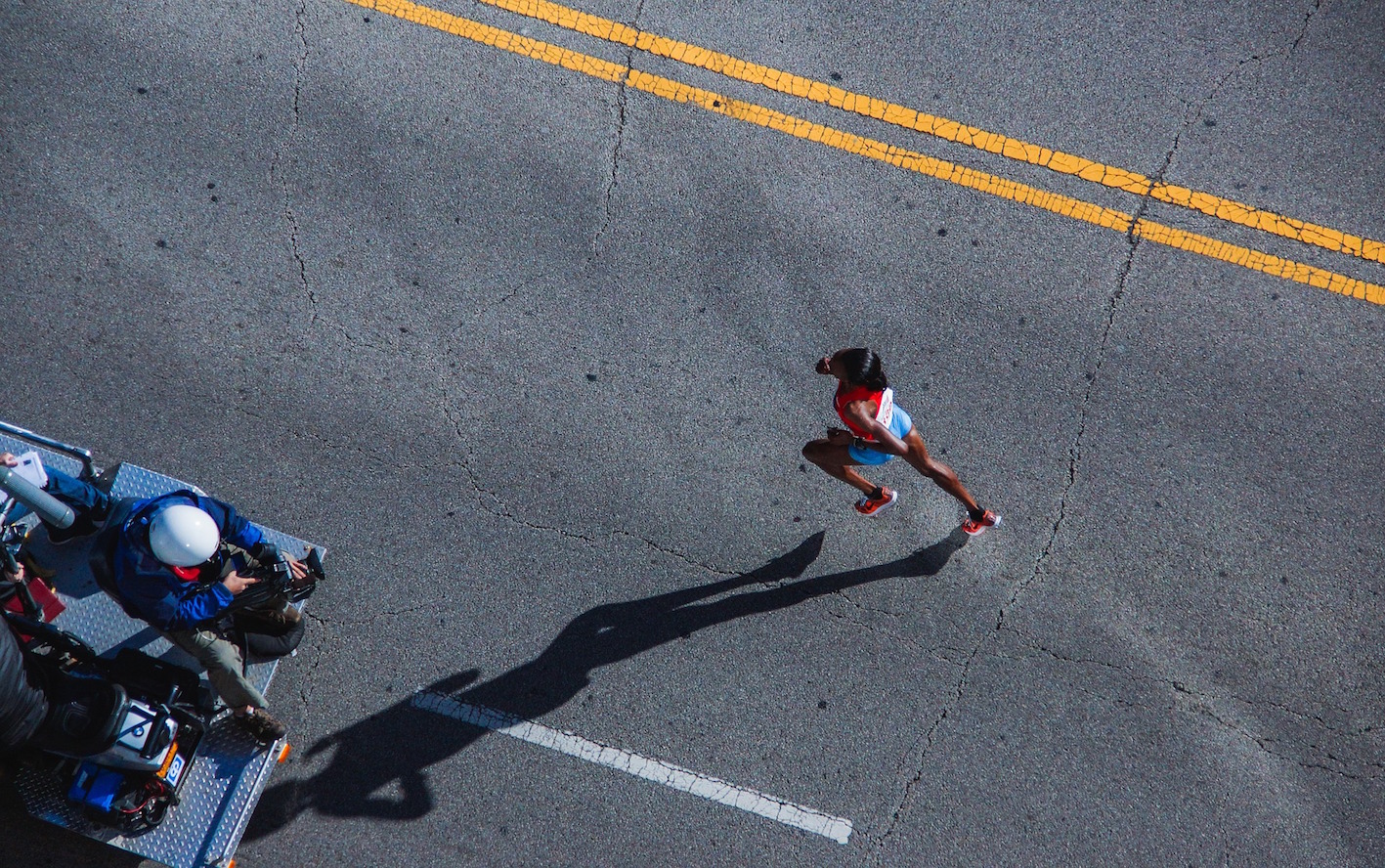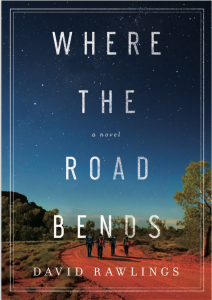by David Rawlings, @DavidJRawlings
I’ve got a mate who runs marathons. Why is anybody’s guess, and his constant invitations for me to join him are politely left to rush by.
It’s quite an achievement running twenty miles (or forty-two kilometres). Pushing through the pain, wringing every ounce of effort out of yourself and doing something very few people achieve. I do admire him for it.
One of the most fascinating parts of running a marathon is known as hitting the wall. My mate talks about hitting it just past the halfway mark. Everything about their experience says to give up; to walk; to even stop. His legs are screaming for rest. His lungs are screaming for relief. Even though he’s got the ability and the tools – and he’s already run half the race – things happen to him that make the finish line feel like it’s further away than when he started.
And he talks about feeling like he’s running in jelly. He’s got the movement of running, but doesn’t feel like he’s getting anywhere.
Writers hit the wall too. Our lactic acid might be family time that encroaches on writing. Our muscle cramps could be the pull of work or church over writing. Or our energy burnout could be when our ideas or storylines just run out of petrol.
It’s happened to me a number of times this year – when everything about my writing experience says to give up and stop. When my brain wants a rest and my bank balance tells me I should be doing extra work that actually pays the bills. When my ideas have run out of gas and my characters feel like they can’t move on.
It feels to me like the finish line – holding the final manuscript in my hands – is further away that when I started.

Now, my mate just laughs when I talk about writers hitting the wall, but there are things that he does that I’ve implemented this year. And they’ve worked.
- Keep moving. A runner needs their feet to keep moving. That movement is important as stopping the movement makes it 1000 times harder to restart. I’ve done that this year, at times I’ve just kept moving. That could be as simple as giving my protagonist another character trait, adding 200 words to the manuscript. Or editing another chapter or scene.
- Focussing on the finish line. At times in 2020, I’ve just taken a deep breath and visualised typing The End at the tail of my manuscript. It gave me a second wind.
- Breaking the race down into chunks. This is the opposite of the previous point. One things my marathon running friend does is run the next 1km, then the next, then the next. I’ve done that – writing the next scene, then the next scene, then the next scene. And when I’ve looked up at the end of the week I’ve written another 2,000 words.
- Enjoy the process. My friend says he tries to breath in sync with his steps or count out as his feet pound away. He enjoys the process. That’s what I tried to do in 2020. I’ve written a particularly difficult scene and enjoyed the words as they’ve come, or the plot point as it’s unveiled itself.
Writing a piece of work – any work – is hard. Especially if it’s something you’ve drawn from the depths of your experience or character. You’ve pushed through the plain, wrung every ounce of effort out of yourself and done something very few people achieve.
And, like my friend, I admire you for it.
Four friends reconnect fifteen years after graduation on a promised trip to the Australian outback. Time has changed them. At graduation life was all about unfulfilled potential. Fifteen years down the track, it feels a lot like regret.
As they get lost in outback Australia they find more than harsh beauty of an unspoilt land… … they discover how the road of life delivered them to where they are now.
And getting back requires them to determine where they’ll go from here.

Based in South Australia, David Rawlings is an award-winning author, and a sports-mad father-of-three with his own copywriting business who reads everything within an arm’s reach. He writes that take you deeper into life, posing questions of readers to explore their own faith and how they approach life.
Where the Road Bends – a novel based in outback Australia – is out now! Why not take a virtual vacation during your time at home?
David’s debut novel – The Baggage Handler – won the 2019 Christy Award for First Novel. His second novel – The Camera Never Lies – focuses on honesty in relationships and is now available.
He is currently signed with Thomas Nelson and represented by The Steve Laube Agency.

